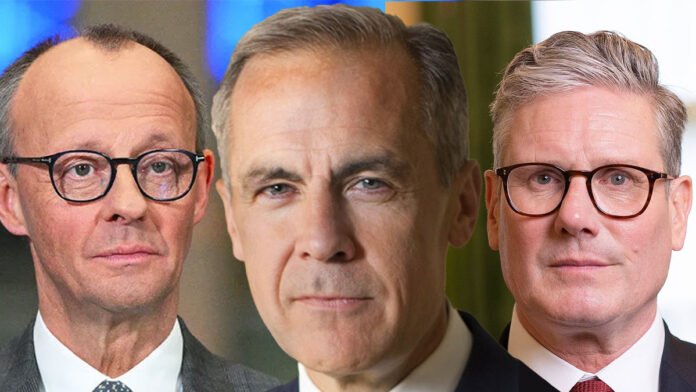Carney’s Canada, Starmer’s Britain, Merz’s Germany: The New Technocratic Axis
Mark Carney’s Liberal Party has claimed a remarkable election victory in Canada, dealing a devastating blow to Conservative leader Pierre Poilievre, who not only lost the federal election but his own seat in Carleton, Ontario. The Canadian electorate’s rejection of Poilievre represents a two-fingered salute to Trump’s escalating trade war, and something far more significant for those paying attention.
Carney’s ascent to power completes a troubling trifecta. The former Goldman Sachs banker and Bank of England governor now joins Sir Keir Starmer and incoming German Chancellor Friedrich Merz as the third national leader affiliated with the Trilateral Commission, that secretive enclave of bankers, industrialists, and policy architects operating beyond democratic accountability.
The Trilateral Triangle Closes
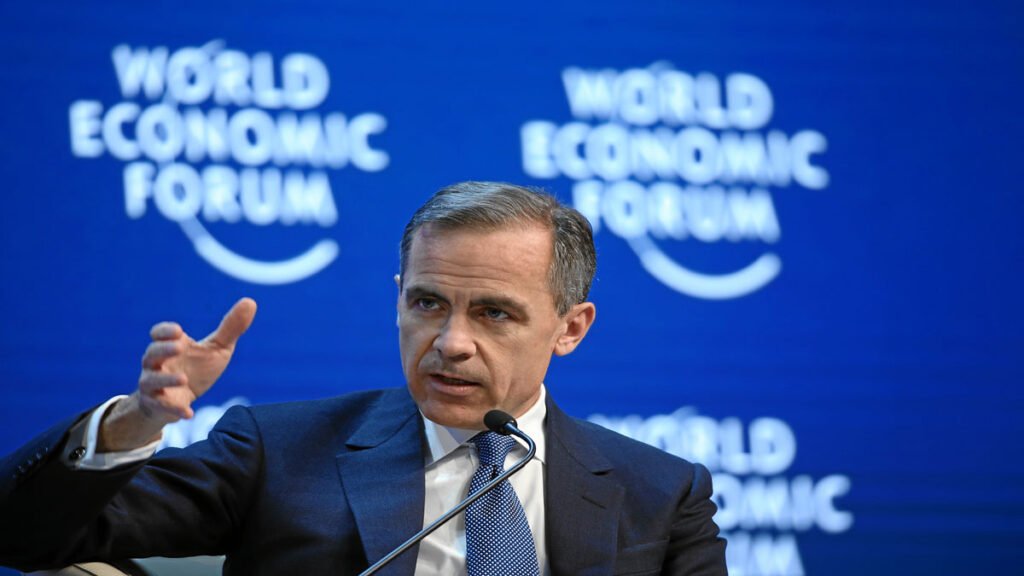
This isn’t coincidence. It’s convergence: a quiet consolidation of political power by a transnational class whose loyalty is not to nations or voters, but to a shared ideology and global agenda.
Yes, official Trilateral Commission rules say membership is “suspended” during public office. But that’s a formality. The relationships, worldview, and priorities remain deeply intact. Once in the club, always in the club.
A History of Elite Control
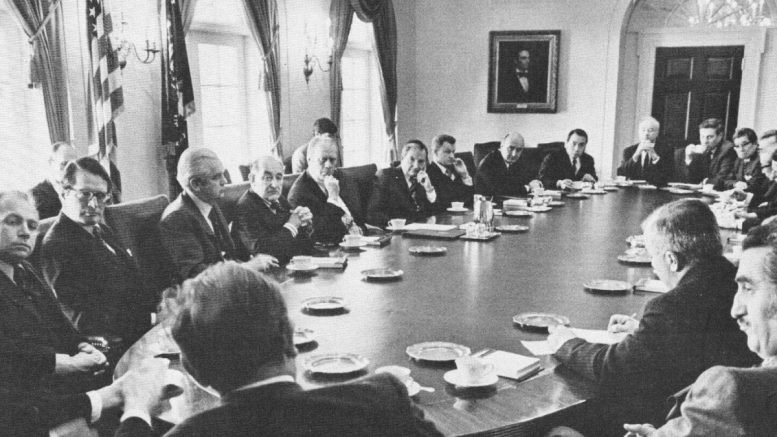
Founded in 1973 by David Rockefeller and Zbigniew Brzezinski, the Trilateral Commission claims to promote cooperation between North America, Europe, and Asia. But behind the euphemisms of “stability” and “cooperation” lies a revolving door between central banks, boardrooms, and governments—a system built to maintain control regardless of how citizens vote.
Even the Washington Post—no hotbed of conspiracy—once described the Commission as “the shadow government,” “the Establishment,” and “the global elite that runs the world.” In 1992, journalist David Mills wrote of its closed-door meetings: “Some call them the shadow government. They call themselves simply… the Trilateral Commission.”
The group boasts around 400 members drawn from business, media, academia, and politics. Its influence is not conspiratorial—just alarmingly real.
Britain’s Trilateral Web
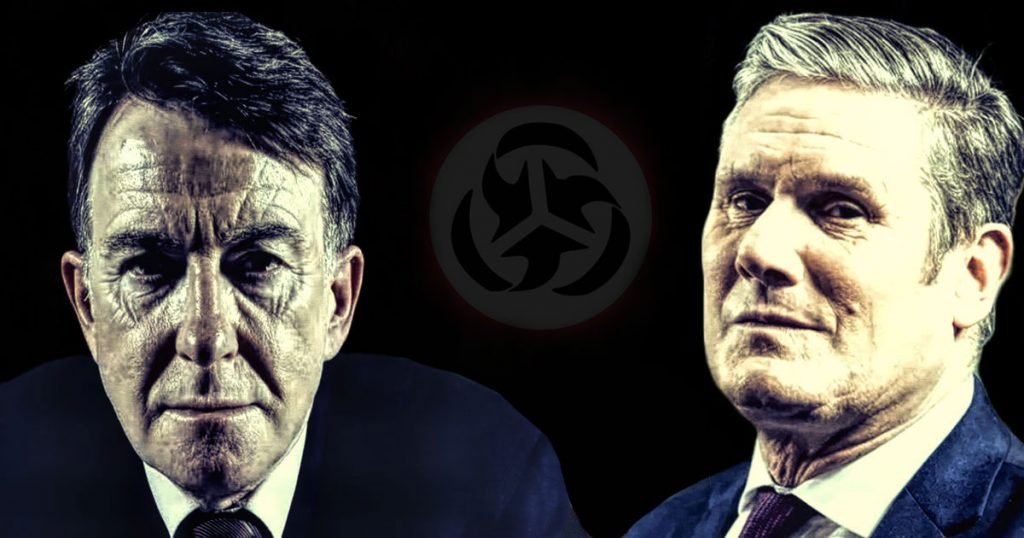
Carney isn’t the only Trilateral man in the room. Keir Starmer’s mentor and backroom operator, Lord Mandelson, is also a long time member. Now reinstalled as British ambassador to Washington, Mandelson sits perfectly placed to guide UK-US relations through the post-Brexit fog and Trump’s economic nationalism.
Other Trilateral alumni include Christine Lagarde, current president of the European Central Bank, and her predecessor Mario Draghi—both architects of Europe’s financialisaton. And then there’s Larry Fink, CEO of BlackRock, which manages over $10 trillion in assets. When Starmer hosted Fink at Downing Street, it wasn’t just a photo op—it was a symbolic alignment. The message? The people are there to be managed, not represented.
Of course, Fink and Friedrich Merz, the new German chancellor, are no strangers. Merz, a corporate lawyer, has served on the boards of numerous companies, including BlackRock Germany.
The Free Trade Imperative vs. Trump’s Nationalism

The timing of this Trilateral ascendancy is no accident. As Donald Trump escalates his trade war with punitive tariffs, the Commission’s core mission of organised global trade faces its greatest challenge in decades. The Trilateral vision has always been multinational corporations operating across borders with minimal friction, central banks coordinating monetary policy beyond democratic oversight, and supranational institutions eroding national sovereignty.
Trump’s economic nationalism, whatever its flaws, represents a direct threat to this model. By imposing tariffs, threatening trade partners, and questioning globalist institutions, Trump has placed himself squarely in opposition to the Trilateral worldview.
Carney’s victory in Canada, a nation particularly vulnerable to American tariffs is therefore doubly significant. It eliminates a potential Trump ally in Poilievre and installs a committed globalist who will work in lockstep with his Trilateral colleagues, Starmer and Merz to counter American protectionism.
Chomsky’s Warning: “The Crisis of Democracy”
The Trilateral Commission’s agenda was laid bare in its 1975 report “The Crisis of Democracy,” a document that remains chillingly relevant today. As the incisive Noam Chomsky has highlighted, this report reveals the Commission’s profoundly anti-democratic worldview.
“After the Vietnam War, elites were concerned about what they called a crisis of democracy,” Chomsky explains. “What’s the crisis of democracy that they’re concerned with? Well, the crisis is that during the 1960s, large groups of people who were normally passive and apathetic began to try to enter the political arena to press their demands. And that’s a crisis which has to be overcome.”
The report infamously complains of an “excess of democracy” and calls for “more moderation in democracy” to overcome this crisis. In plain terms, as Chomsky notes, the public must be “reduced to their proper state of apathy and obedience and driven from the public arena.”
For the Trilateral Commission, true democracy isn’t the solution, it’s the problem. Popular movements demanding accountability from elites aren’t a sign of healthy civic engagement but a threat to be neutralised.
The Endgame: A Managed Democracy
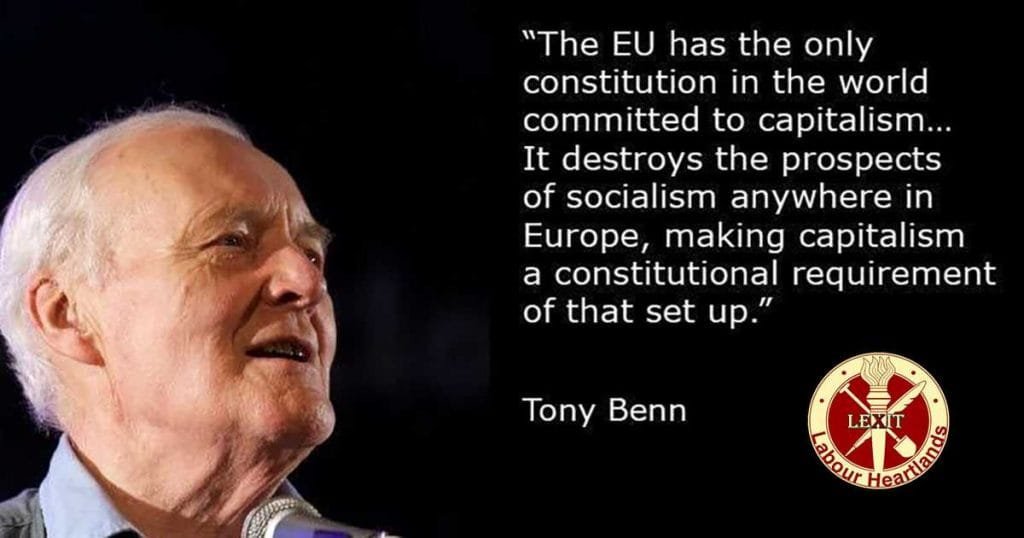
The Trilateral vision isn’t one of open tyranny but of controlled governance, a world where elections remain but real choice evaporates. In this managed democracy:
- Central banks dictate economic policy, immune to voters.
- Corporate giants influence legislation via lobbyists and revolving-door jobs.
- Media filters out dissent, shaping narratives to align with elite priorities.
- National sovereignty is chipped away by trade pacts, financial instruments, and “rules-based orders.”
We are witnessing the construction of a global order where nation-states exist in name only, a system that serves capital while paying lip service to democracy. The Trilateral Commission aims to ensure that global trade flows unimpeded by nationalist impulses like those championed by Trump, even if it means sacrificing democratic accountability.
It’s the soft authoritarianism of technocracy. Rule by “experts” who never face an election, whose priorities are financial markets, not living wages or national self-determination.
Not Conspiracy, But Convergence
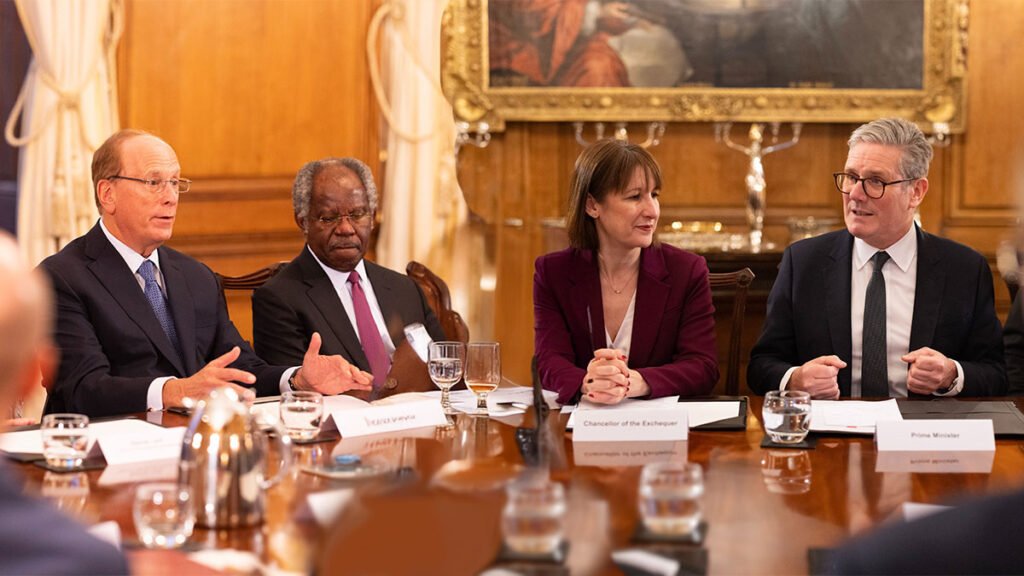
This isn’t cloak-and-dagger plotting or smoke-filled rooms where shadowy figures plot world domination. It’s something more banal, more dangerous: A global managerial class, drawn from the same schools, banks, and boardrooms, speaking the same language of “resilience” and “governance,” enacting policies that always seem to benefit the same people. So-called elites who share common assumptions about how the world should be ordered and believe themselves uniquely qualified to manage it.
They don’t need to conspire because they already agree. They don’t need secret handshakes because they already recognize each other through educational pedigrees, career trajectories, and shared cultural references. Their power derives not from hidden control but from the structural position they occupy at the intersection of finance, politics, and media.
As Max Weber wisely observed: “It is not true that good can follow only from good and evil only from evil, but that often the opposite is true. Anyone who fails to see this is, indeed, a political infant.”
The Pieces Fall Into Place: A Quiet Coup
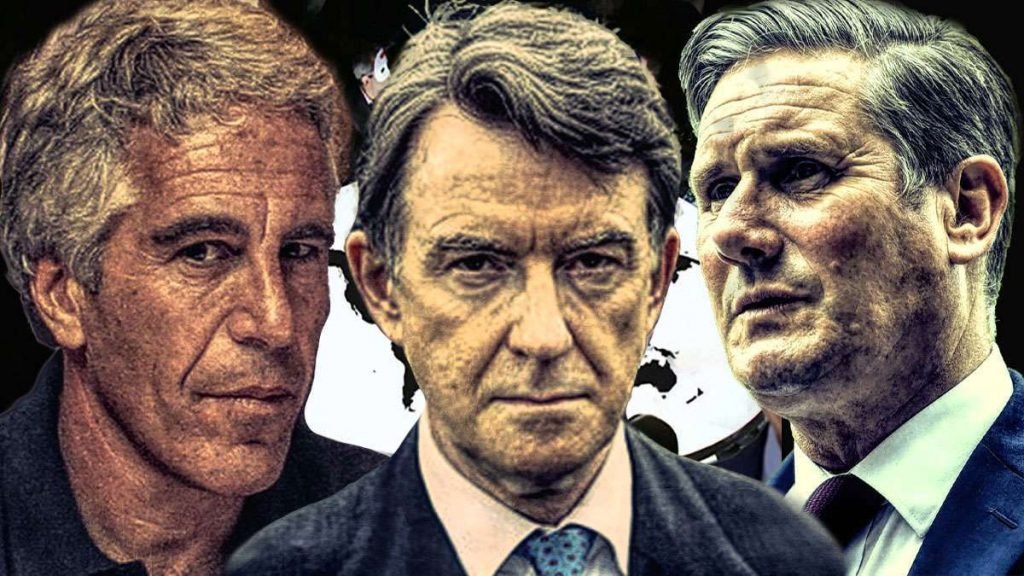
With Carney in Canada, Starmer in Britain, and Merz in Germany, the pieces are falling into place for the Trilateral Commission’s agenda. From out of the chaos of Trump’s trade wars, Brexit turbulence, and economic uncertainty, they will present “solutions” that invariably require surrendering more democratic control to unaccountable institutions.
The Trilateral Commission doesn’t want chaos, it wants order. Their order. A world of managed trade flows, coordinated central bank policy, and diminished democratic input. Not tyranny, but technocracy. Not freedom, but stability.
The future they are building is not a participatory democracy, but a managed one. Elections will remain but real choice will fade. Power will be centralised, dissent will be marginalised, and the working class from Yorkshire coal towns to Detroit factories to Alberta oil fields will be left behind.
This isn’t just the Tories abandoning the working class. Labour has joined them. The party of the people is now the party of BlackRock. And no amount of nostalgia or wishful thinking will win it back.
The real battle isn’t over tariffs or trade deals. It’s over who gets to decide how we live. And that, in the end, is the true crisis of democracy.
The Crisis of Democracy: Sir Keir Starmer and the Trilateral Commission
Sir Keir Starmer: The Trilateral Commission and Jeffrey Epstein
Who is ‘Mandelson’ and how are they all connected
The Bilderberg Conspiracy: A Deep Dive into the Shadowy Assembly of Power
Support Independent Journalism Today
Our unwavering dedication is to provide you with unbiased news, diverse perspectives, and insightful opinions. We're on a mission to ensure that those in positions of power are held accountable for their actions, but we can't do it alone. Labour Heartlands is primarily funded by me, Paul Knaggs, and by the generous contributions of readers like you. Your donations keep us going and help us uphold the principles of independent journalism. Join us in our quest for truth, transparency, and accountability – donate today and be a part of our mission!
Like everyone else, we're facing challenges, and we need your help to stay online and continue providing crucial journalism. Every contribution, no matter how small, goes a long way in helping us thrive. By becoming one of our donors, you become a vital part of our mission to uncover the truth and uphold the values of democracy.
While we maintain our independence from political affiliations, we stand united against corruption, injustice, and the erosion of free speech, truth, and democracy. We believe in the power of accurate information in a democracy, and we consider facts non-negotiable.
Your support, no matter the amount, can make a significant impact. Together, we can make a difference and continue our journey toward a more informed and just society.
Thank you for supporting Labour Heartlands
